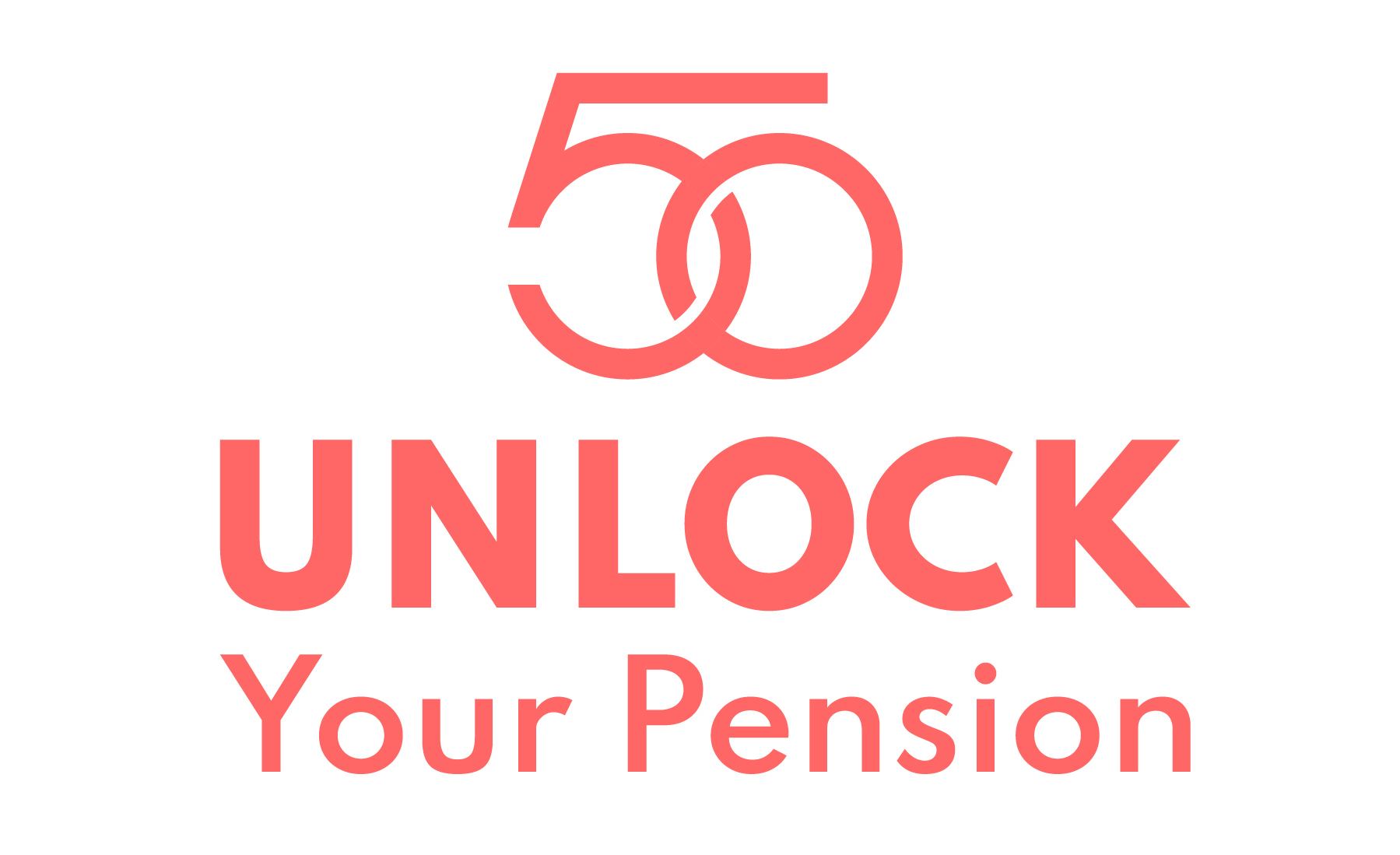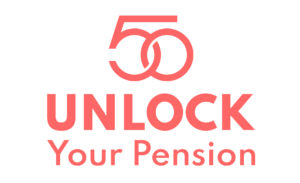Pension Advice Ireland: How to Unlock Your Pension at 50.
Share this story, choose your platform!
Get expert pension advice in Ireland. Learn how to unlock your pension at 50, claim your 25% tax-free lump sum, and secure your future. Check eligibility now!
Pension advice Ireland: This guide was written by Declan Hardiman, QFA at Q Financial, an independent advisory service regulated by the Central Bank of Ireland. You may be able to unlock a preserved pension from age 50 and typically access a 25% tax-free lump sum.
Pension Advice Ireland Key Takeaways:
- You may be able to unlock a preserved pension from age 50.
- You can typically access a 25% tax-free lump sum.
- Expert advice is crucial to navigate tax and legal complexities.
Pension Advice Ireland: Why You Might Be Eligible to Unlock Your Pension Early
Are you aged 50 or over and wondering if you can unlock your pension early in Ireland? You’re not alone. Thousands of Irish workers — from pharma to semi-state, banking to construction — have preserved pensions from past jobs they may be eligible to access right now.
In this 2026 guide, we break down everything you need to know about unlocking your Irish pension early, including:
Get Your Pension Questions Answered – Contact Us!
How to Unlock Pensions in Ireland
-
Who qualifies
-
What type of pensions can be unlocked
-
How much you can access
-
What happens to the rest of your pension
-
Sector-specific advice
Let’s get started.
Use our free Unlock Your Pension Calculator
Book your 1:1 Consultation Now »
Who Can Unlock Their Pension Early in Ireland?
In most cases, if you’ve left a job but still have a pension linked to that employer, you may be sitting on what’s called a preserved pension.
You may be eligible to unlock this pension from age 50, tax-efficiently and legally.
You qualify if:
-
You’re over 50
-
You’re no longer working for the employer tied to that pension
-
You have a preserved pension (Defined Benefit, Defined Contribution, PRSA, etc.)
What Happens When You Unlock?
When you unlock a pension, you may be able to:
Use our free Unlock Your Pension Calculator
Book your 1:1 Consultation Now »
Access a tax-free lump sum (typically 25%)
Take the rest via Approved Retirement Fund (ARF) or annuity
Continue working — unlocking doesn’t mean retiring!
This can free up capital for:
-
Clearing debt
-
Helping children with college or house deposits
-
Buying time or freedom from financial stress
Types of Pensions You Can Unlock
Here’s what’s unlockable: Pensions Ireland Rules by Pension Type
Defined Benefit (DB) Pensions
Often held by civil servants, large employers, and older schemes. These can usually be accessed early — but doing so affects the pay-out calculation. Advice is essential here.
Defined Contribution (DC) Pensions
These are more flexible and common in the private sector. You may access 25% tax-free and invest or draw down the rest.
PRSAs (Personal Retirement Savings Accounts)
PRSAs are personal pensions and may be unlockable if they’re preserved (i.e., you’re no longer contributing through employment).
Real-Life Examples
Pharma Employee (Age 54)
Left Pfizer 4 years ago. Has a preserved DC pension.
Outcome: Accessed €40,000 tax-free + moved the rest to ARF. Continued consulting part-time.
Banking Staff
Redundant in 2022. Had a DB scheme.
Outcome: Early access granted, with expert guidance on fair actuarial reduction.
Construction Worker (Self-Employed PRSA)
Stopped contributions in 2021, now aged 52.
Outcome: Approved to unlock pension and reinvest into new business.
Pensions Advice Ireland: Can You Unlock and Still Work?
Yes. Unlocking your pension doesn’t mean retiring.
Use our free Unlock Your Pension Calculator
Book your 1:1 Consultation Now »
If your pension is preserved and you’re no longer tied to the employer, you can unlock funds while continuing to work elsewhere or start a new business.
What About Tax?
You can usually access 25% of your pension fund tax-free, up to €200,000.
The rest may be:
-
Transferred to an ARF (you control how it’s invested and withdrawn), or
-
Taken as taxable income
Proper planning can reduce your tax liability significantly — we’ll help with that.
How to Get Started?
We offer a free, no-obligation assessment to help you:
-
Find out if you qualify
-
Understand how much you can unlock
-
Build a tax-efficient drawdown plan
Use our free Unlock Your Pension Calculator
Book your 1:1 Consultation Now »
Related Pension Guides
Whether you’re in your 50s or nearing retirement, unlocking your pension could give you more freedom, financial flexibility, and peace of mind.
FAQ:-Pensions Ireland
Redundancy Spotlight: Redundancy Advice Ireland: Spotlight on Key Insights
Losing your job is tough enough — but did you know being made redundant at 50 or over could open the door to unlocking your preserved pension early?
If you’ve been made redundant, you might qualify to access your pension sooner than expected, giving you vital financial breathing room while you plan your next move.
- You can access a tax-free lump sum from your preserved pension to cover immediate expenses.
- Unlocking your pension doesn’t mean you have to retire — you can keep working or start a new venture.
- Expert advice is essential to navigate complex pension rules and maximise your benefits.
For personalised support tailored to your redundancy situation, speak with the experts at
Q Financial. They’ll guide you step-by-step to unlock your pension safely and efficiently.
Can I unlock my pension if I’ve been made redundant?
Yes. If you’ve been made redundant and are over 50, you may be eligible to unlock your preserved pension early, depending on your pension scheme rules. Consulting with Q Financial can help clarify your options.
What is a preserved pension?
A preserved pension is a pension from a previous employer that you no longer contribute to but remains invested until you retire or decide to unlock it.
How much tax-free lump sum can I get when unlocking my pension?
Typically, you can access up to 25% of your pension fund as a tax-free lump sum, up to a maximum threshold set by the Revenue Commissioners.
Can I still work after unlocking my pension?
Yes. Unlocking your pension does not require you to retire. You can continue working while accessing your pension benefits.
How can Q Financial help with pension unlocking?
Q Financial provides expert advice on pension unlocking, helping you understand your entitlements, optimise tax outcomes, and guide you through the application process.
We’re here to help you take the next step.
Looking for a pension provider near me? UnlockPension.ie can connect you with qualified financial advisors across Ireland who specialise in helping former employees access preserved pensions and unlock benefits. Whether you’re planning for retirement or exploring your options, our expert team can guide you every step of the way.
Trust & Regulatory Spotlight:
UnlockPension.ie is a service provided by OMA Financial Services Limited trading as Q Financial, regulated by the Central Bank of Ireland (C135240). With over 100 years of experience in personal, company, and self-administered schemes in Ireland and the EU, we provide expert pension advice Ireland to help you make informed decisions.




